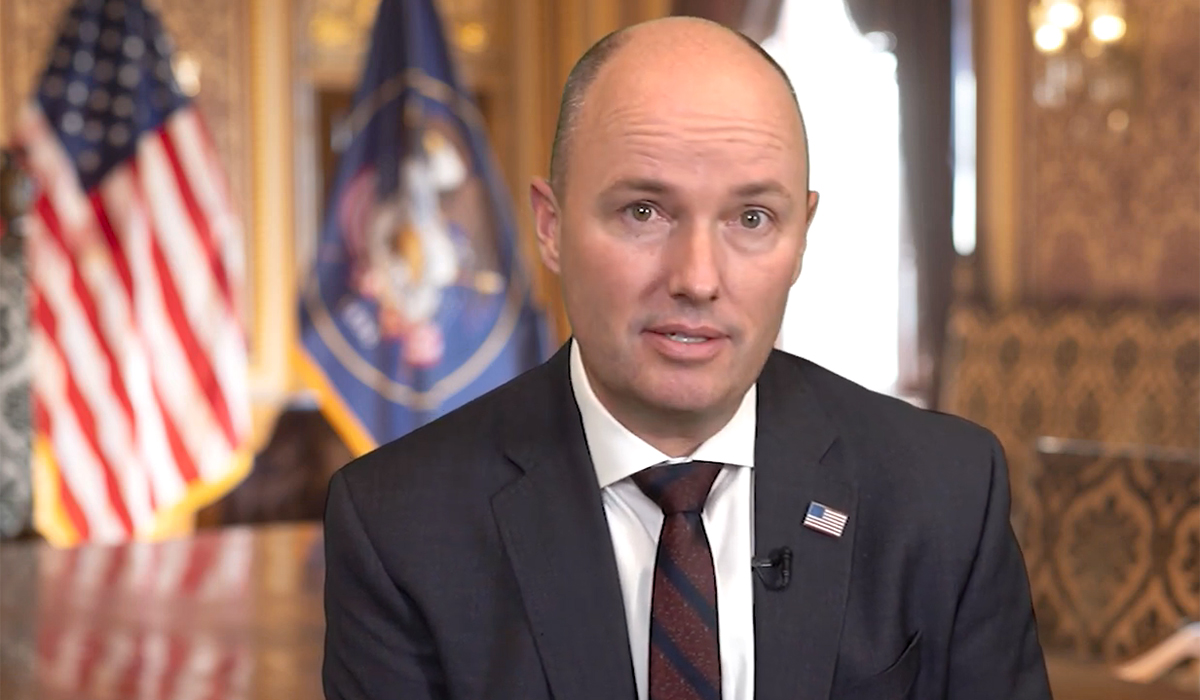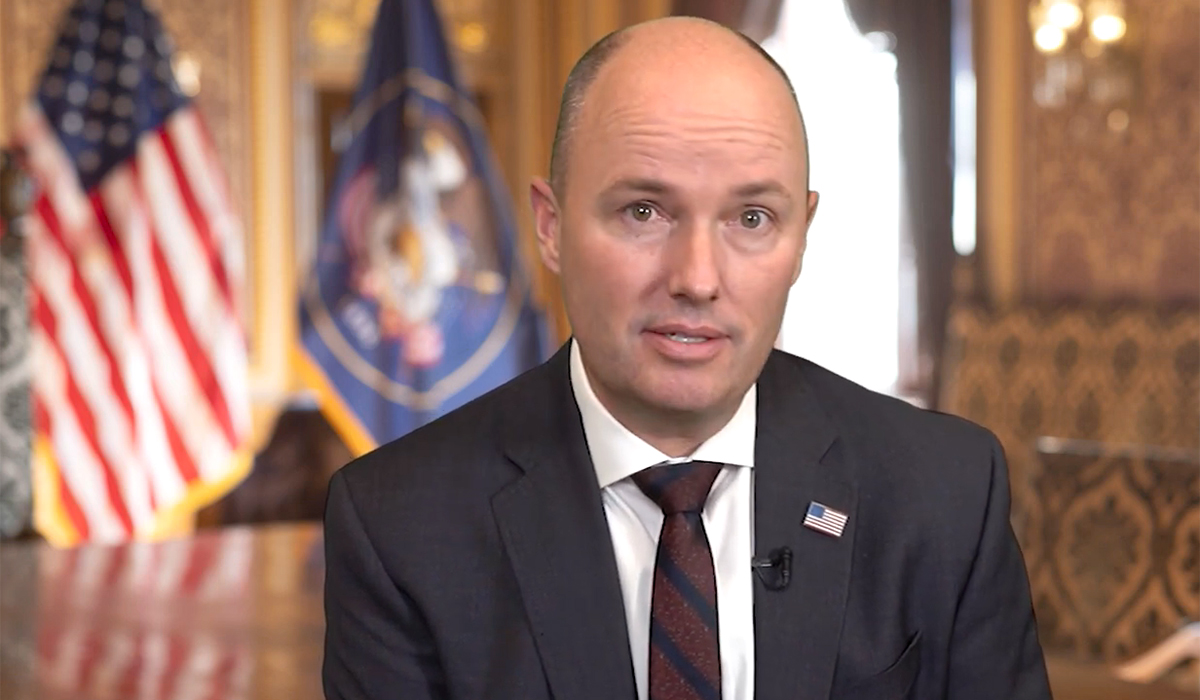
On Tuesday, Utah governor Spencer Cox, a Republican, vetoed a bill that would have barred biological males from competing in women’s sports. “I believe in fairness and protecting the integrity of women’s sports,” he wrote in a lengthy letter explaining his decision. But he argued that the bill went too far in pursuing “a complete ban,” citing the amendment’s last-minute introduction and potential lawsuits as reasons for his veto. Cox maintained that, while “I am not an expert on transgenderism . . . I always try to err on the side of kindness, mercy and compassion. I also try to get proximate and I am learning so much from our transgender community.” On top of that, he wrote that the ban was unnecessary because of the small number of transgender athletes in Utah: “Rarely has so much fear and anger been directed at so few,” he said.
Cox was the second Republican governor to have killed such a legislative initiative in the same number of days. Just a day earlier, Indiana governor Eric Holcomb vetoed a similar bill, incurring sharp criticism from many Republicans in his state.
Indiana Republican leaders have vowed to override Holcomb’s veto. But their first opportunity to do so won’t come until May 24, when state lawmakers will meet for a special session. In Utah, however, a veto override could come as soon as tomorrow, if state Republicans can muster the necessary two-thirds majority to overcome Cox’s veto in the legislature. “Governor Cox made his intention to veto the bill clear from the day it was passed so his action today was expected,” Utah House speaker Brad Wilson said in a statement released soon after the veto. “Members of the Legislature, including the sponsor, have worked tirelessly for more than a year to find the best way to approach a complex issue and I anticipate that we will have sufficient votes to override the veto. Ultimately, the Legislature recognizes the value of girls athletics and our members want to ensure girls have the level playing field to compete that was created by Title IX.”
When the Utah bill “passed in the final hours of the 2022 session, support was below the two-thirds threshold needed to successfully override Cox’s veto,” the Salt Lake Tribune notes. But the margins were relatively thin: The House and the Senate would each need to flip four votes to reach a two-thirds majority. And as the Tribune reported, “many legislative Republicans are facing stiff competition in their re-election bids, and those opponents are using HB11 against them. County conventions begin on Saturday. A Friday override of Cox’s veto would neutralize the issue as a campaign wedge.”
Utah Republicans told National Review that they’re confident they’ll be able to collect the necessary votes. “What I’m hearing is that they do have the votes to override the veto,” Jordan Hess, the vice-chairman of the Utah GOP, told NR. “It has become more of an issue. I mean, with the veto, it’s front and center in the news right now.” Hess added that “we’re in the heat of the election cycle now,” and “there’s been a lot of outcry and backlash from the grass roots — the kind of rank-and-file Republicans here in the state.”
“Some of the reasoning I’ve heard for people voting against it in the first place was just the process — this was a last-minute change on the final night of the session, without public debate or public hearing on the amendment, that they pushed through,” he said. “And I think now that three weeks have gone by and the public’s been able to weigh in on the issue, I think that a lot of those who do flip feel like, ‘You know, the dust has settled, we’ve had three weeks, I’ve heard from my friends, they want me to vote this way.’ And I think that we’ll probably hear a lot of that.”
State Representative Kera Birkeland, the sponsor of the bill, echoed that sentiment. “I believe we’ll have the votes tomorrow to overturn the veto,” she told NR. On-the-fence legislators “don’t really have a lot of other options,” she said. “You’re basically either okay with the status quo, or you want to move on this bill, and that’s kind of what it’s coming down to.”
For more than a year, Cox has signaled opposition to proposals to bar biological males from women’s sports in Utah. The governor has continually maintained that he agrees with the initiatives in principle, but that he wants to broker a “compromise” in lieu of the legislation on offer from lawmakers such as Birkeland. But “as the bill sponsor, I have talked to him a total of twice on this bill,” Birkeland told NR. “He called me last year after he threatened to veto it, and I had a meeting with him the week before the session ended. And that was it. So for someone who really says he wants to understand and work out this issue, I’m the one sitting at the table trying to find the compromise, and he’s been nowhere to be found.”
In those two conversations, Cox “just said he wants to find a solution where girls’ sports can be preserved while we also provide inclusion for transgender athletes,” Birkeland said. But “he never” offered an alternative proposal, she added.
“Representative Birkeland has been working on this for two years,” Hess said. “Utah’s a very conservative state. It’s hard to see our governor veto this type of legislation.”
The governor said in a tweet and in his letter that he expects an override, and that “we will have a special session to fix a few things.”

